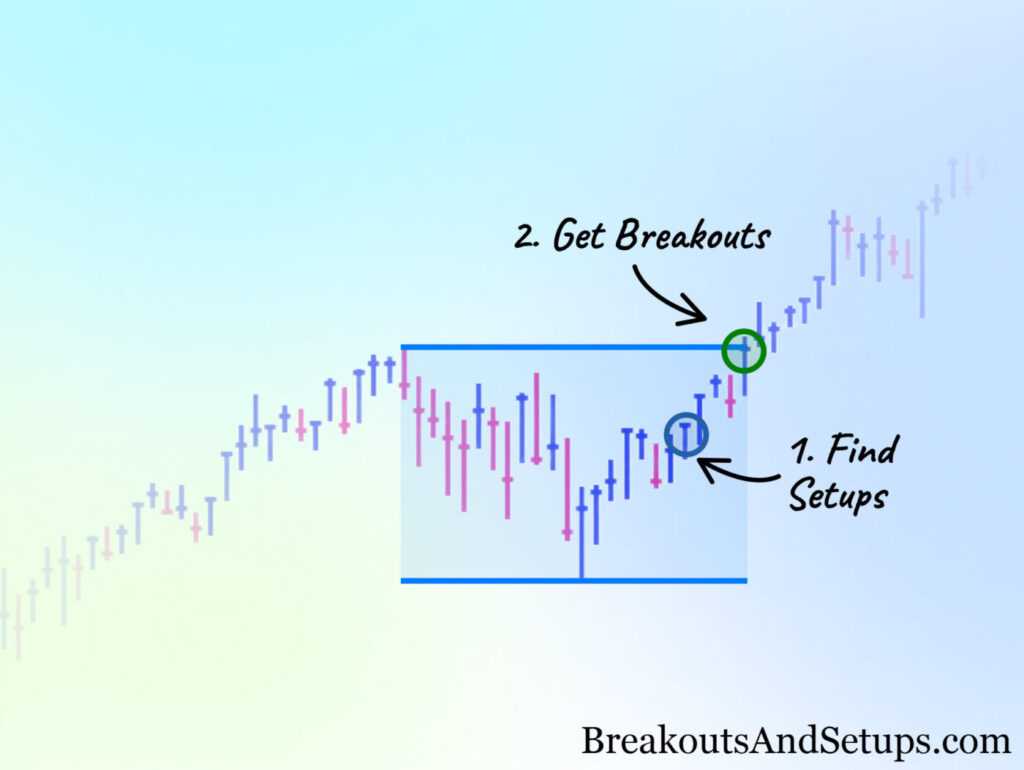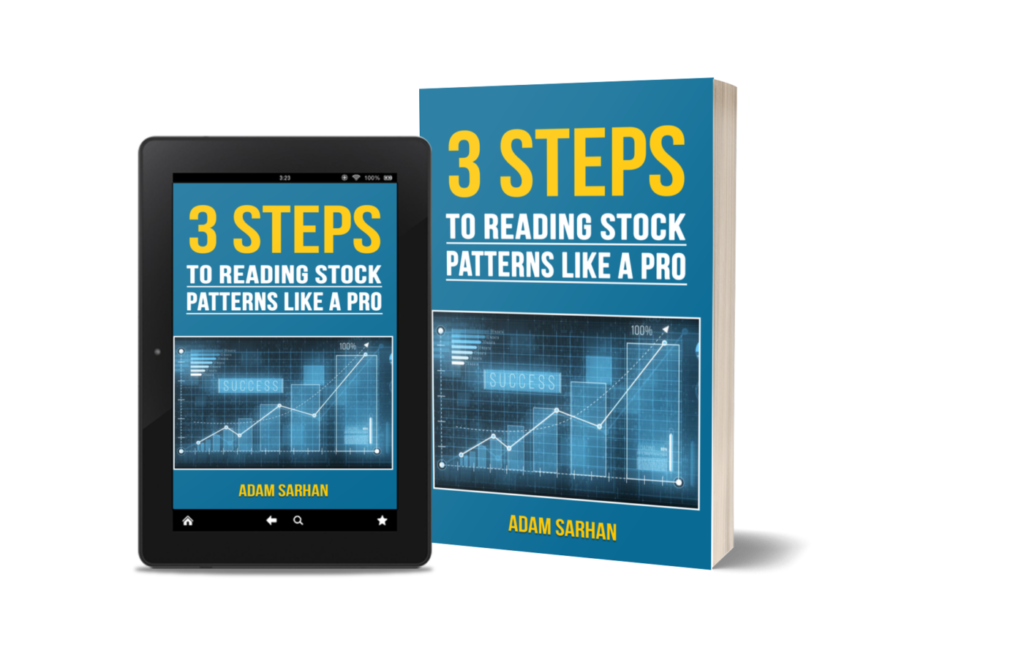It has been said over and over again that using a trading journal is one of the key ingredients to trading success – even the arguably greatest trader of all times, Jesse Livermore, had a journal.
Yet most traders either don’t use one or do so inefficiently, very likely because they are lazy or they don’t believe in the power of a professional trading journal and think that they can make trading work “somehow”.
High Performers Do It All The Time
 If we look at any other highly competitive field apart from trading it becomes very clear that keeping a track record of important performance data is the number one tool on the road to success.
If we look at any other highly competitive field apart from trading it becomes very clear that keeping a track record of important performance data is the number one tool on the road to success.
Boxers improve by obsessively watching recordings of their matches and analyzing their flaws together with their trainers.
Sprinters keep track of what kind of food and how much they consume before a run and put it in relation to their performance.
Race drivers know exactly how fast they can take a curve on a track in a certain car under certain circumstances because there are whole teams of engineers analyzing tons of data from previous races.
Professional poker players either use a small notepad during live play or an extensive statistical performance evaluation software when playing online. They squeeze out every penny.
The German national soccer team from 1954 would not stand a single chance against the German national soccer team from 2014 because training methods, strategies, and psychological coaching have pushed the game to a whole new level. All the improvements are based on previously observed data, of course.
And there are plenty of other examples. What you can see on TV when these people are successful is only the tip of the iceberg. What you can’t see is the thousands of hours of hard work they put in before getting to the point where they are now.
Learning By Doing Is A Horrible Lie
The truth is: what you can’t track, you can’t improve. Or even clearer: what you don’t track, you won’t improve.
Trading is easy to learn: Clicking buy or sell can be done by anyone. But mastering it in order to make a profit is a whole different story. There is no element of learning by doing in trading. You are competing against the best of the best, and to add to that, you also compete against yourself.
Your mind is the great trickster. It will tell you that everything’s all right, that if you just stare at the charts long enough, suddenly you will have a light bulb moment. Unfortunately, that moment will never come and certainly not before you run out of money. Delusions of grandeur are going to kill you in this business, and a lot of people seem to suffer from it.
Seconds after you took a losing trade, you will forget about it. Seconds after you took a winning trade, you will forget about it. Lessons learnt: Zero. Traders who do not track their results are like ships without sails.
The famous 10,000 hours of deliberate practice won’t make a difference if you mindlessly flip through charts, take trades without a plan, and switch from strategy to strategy.
[su_horizontal_ads]
A Trading Journal Will Separate You From The Amateurs
 A lot of beneficial things will happen to your trading when you start keeping a journal – when you know your numbers and yourself, your whole mentality will shift from amateur to professional.
A lot of beneficial things will happen to your trading when you start keeping a journal – when you know your numbers and yourself, your whole mentality will shift from amateur to professional.
You will start to structure your learning process and make a real progress learning trading for the very first time. You will stop strategy hopping as all the data input you did will become useless when you switch strategies. You will start to grow confidence and start trusting your system and your abilities. You will have a much easier time dealing with inevitable losing streaks as your journal backs you up with the statistics that confirm that your strategy works.
You will start to act like a professional because reviewing and entering your trades is what professionals do – this will automatically increase your trading itself by instilling a positive mindset. You will be motivated to take only the best trades, use logical risk management and stick to your trading plan because your journal is your mentor, telling you to do the right thing.
Conclusion: If You Want To Trade Successfully, There Is No Way Around A Trading Journal
These are only a few of the myriads of positive influences a trading journal will have on your trading. If you are serious about your trading and you want to improve, start with the obvious – use the same techniques the professionals use to improve. And the number one tool for any professional, in any field, is a journal and/or a report that tells them how they are doing and where they can improve. You can do that too.
-Guest Blog courtesy of Rolf Schlotmann at Tradciety.com





